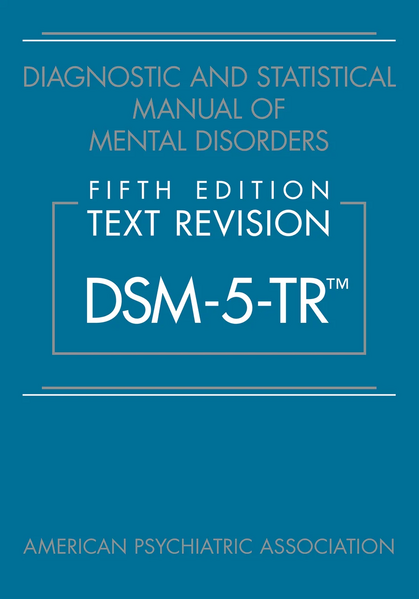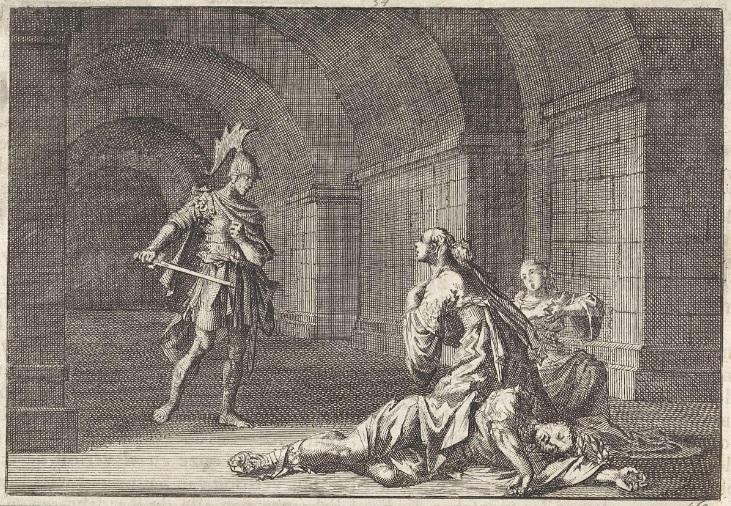The Roman emperor Caligula was mean, mercurial, and menacing. Does that mean he was a sociopath or a psychopath?
◊
What would you call a powerful person who assassinates his rivals, declares himself a god, arbitrarily and sadistically executes innocent people (including killing children in front of their parents), and spends grotesque amounts of money on extravagant building projects and depraved parties – funds partly generated by excessively taxing citizens? Some would say this person is a sociopath. Others would call him a psychopath. Still others might say he’s both – or, technically, neither.
When this person is Caligula, one of ancient Rome’s most infamous emperors, a professional evaluation becomes tricky. After all, “Little Boots” died a long time ago, so it’s impossible to make a diagnosis by a direct examination. Moreover, the American Psychiatric Association Ethics Committee asserts that it’s unethical to share a diagnosis about someone without such an examination.
To learn more about the notorious emperor Caligula, dive into the story of his excesses in the MagellanTV documentary Caligula: Paranoia and Brutality in Ancient Rome.
‘Sociopathy’ And ‘Psychopathy’ Are Not Diagnostic Terms
Setting aside the ethical issue, two other considerations make a diagnosis tricky. One is that some of the Caligula lore may be exaggerated or outright false. The bulk of what we know comes from apparently biased historians writing decades after Caligula’s death. Another consideration is that not only do sociopathy and psychopathy share certain characteristics – they’re both anti-social personality disorders. This makes them difficult to distinguish, and they’re not actually medical terms in the Diagnostic and Statistical Manual of Mental Disorders (DSM).
We can still speculate about how experts might diagnose Caligula’s grandiosity, impetuosity, and cruelty. Social norms don’t seem to have any moderating influence on the sociopath, either because the individual can’t recognize those norms or doesn’t care. The psychopath is typically thought of as someone born with antisocial predispositions, such as a lack of empathy.

(Source: Wikimedia Commons)
Nature vs. Nurture – or Nature and Nurture
Caligula’s upbringing would surely do a number on any child, but combine that with a child already inclined toward violence – and then also given unfettered power – a warped personality is the likely result. After his father died, his mother and siblings were imprisoned by the new emperor, Tiberius, who adopted Caligula (“Little Boots” in Latin), so named because of the little uniforms he wore when accompanying his father on military campaigns. Tiberius is said to have nurtured the child’s tyrannical tendencies.
It’s not implausible that mental health experts would diagnose Caligula with narcissistic personality disorder (NPD). Did Caligula have an inflated sense of his own importance? Check! He called himself a god. Did Caligula apparently take pleasure in (or was at least apathetic about) harming others? Check! He wantonly murdered people and turned against loyal friends. It’s unlikely any of the boxes associated with both sociopathology and psychopathology remain unticked in Caligula’s case.

Caligula’s reign ended with his assassination in 41 CE. Engraving by Jan Luyken, 1704. (Source: Google Arts and Culture, via Wikimedia)
More frightening, however, is that Caligula not only had as much power to do harm, but that the people surrounding him didn’t lift a finger to stop him from the jump. We might do well to be as interested in what the experts have to say about those who enabled and executed his orders as we are in the malignancy of Caligula himself.
Ω
Title Image: Marble bust of Gaius Caesar Augustus Germanicus, better known as Caligula (Source: Wikimedia Commons)

